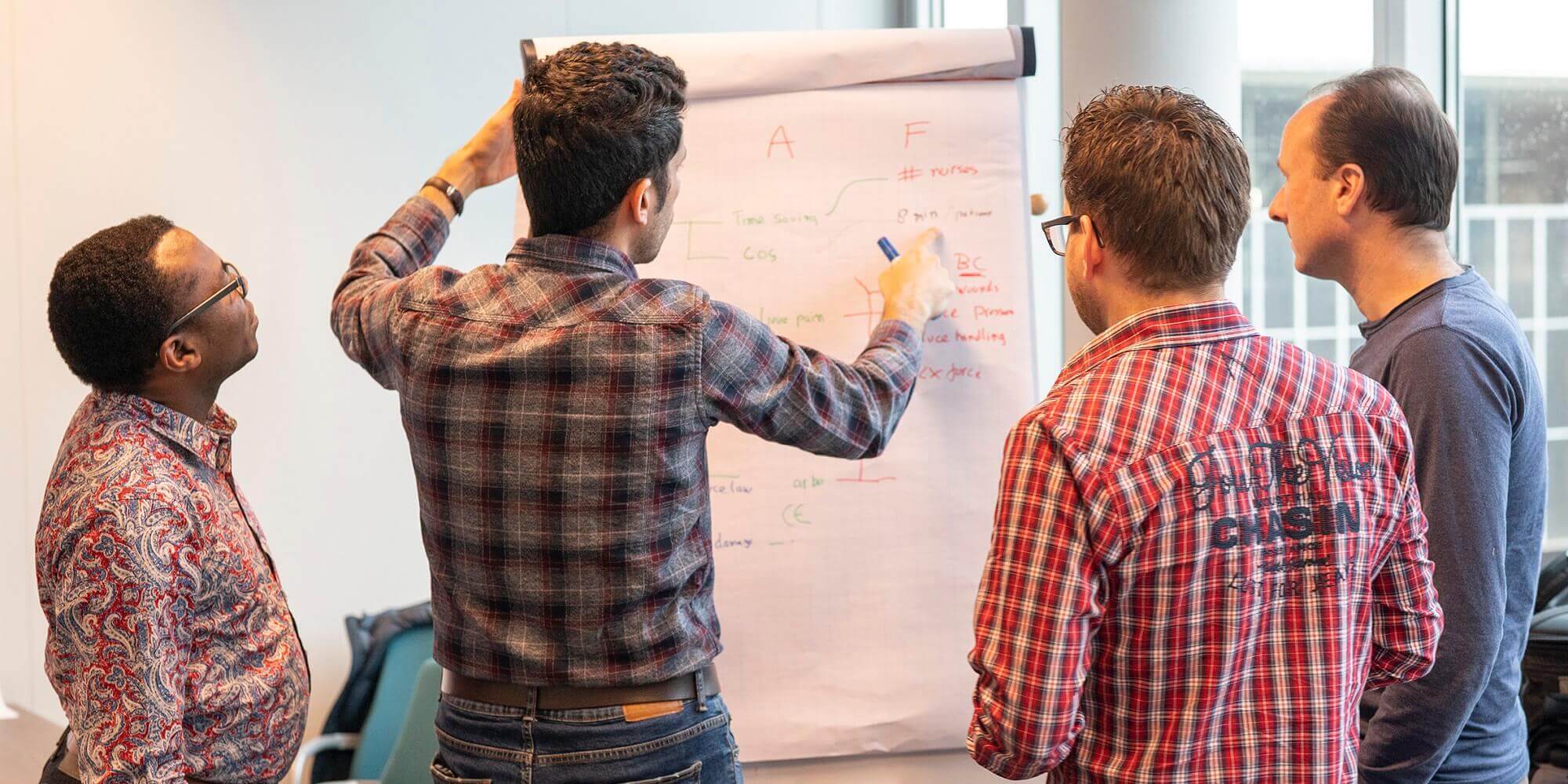MBSE, including the use of SysML for modelling.
In this MBSE training course we will introduce the modern approach to Systems Engineering known as Model-based Systems Engineering, or MBSE. The awareness and use of Model-based Systems Engineering is essential learning for any modern-day Systems Engineer. A Model-based Systems Engineering approach provides a set of effective tools and techniques that will enable the realization of successful Systems whilst managing the complexity of today’s connected System, and allowing all relevant aspects of the System to be understood is as simple a manner as possible. This will also enable all information concerning the System to be communicated to the appropriate stakeholders.
This training is available for open enrollment as well as for in-company sessions. For in-company sessions, the MBSE training can be adapted to your situation and special needs.
Objective
On this course you will learn to:
- improve systems engineering through use of MBSE;
- achieve improved communication, enhanced understanding and how to minimise complexity through use of modelling;
- demonstrate benefits of MBSE and their associated value to stakeholders within the business;
- how to begin to implement MBSE into a business.
Target audience
This training is intended for Systems Engineers and Systems managers
Program
Day 1:
- An introduction to MBSE: Here, the key concepts associated with MBSE will be introduced and discussed and collected together using ‘MBSE in a slide’. The key topics of complexity, communication and understanding – the main drivers behind Systems Engineering – will be discussed and the relevance to MBSE;
- The evolution of MBSE: Here, the transition from a document-based approach to a model-based approach to Systems Engineering will be discussed;
- Modelling with MBSE: In this section, the fundamentals of modelling for MBSE will be described, including: structural modelling, behavioural modelling, consistency, levels of abstraction and identifying complexity.
Day 2:
- Modelling Views and the Ontology. This section will use examples of modelling to illustrate how the Ontology, which forms the cornerstone of MBSE, is used to enforce consistency across the entire model;
- Modelling structures and interfaces. The Ontology will be expanded to include the modelling of structural hierarchies, configurations and interfaces at different levels;
- Frameworks. All of the examples and exercises that have been conducted so far will come together into the framework, which forms a blueprint for the model.
Day 3:
- Need modelling. This section will discuss how to model stakeholder needs at various levels, such as capabilities, goals and, forming the main focus, requirements modelling. A number of key views will be introduced that will show how to capture, document and analyse source requirements using modelling techniques such as: use cases, need description, stakeholders, contexts and validation scenarios;
- Implementing MBSE. This section will introduce an approach to introduce business change by implementing MBSE into an organisation or project;
- Benefits of MBSE. This final section will complete the course by discussing the benefits of MBSE and how to sell MBSE into your organisation.
Methods
Certification
Participants will receive a course certificate from the High Tech Institute for attending this training. Additionally, if you are pursuing INCOSE certification or certification renewal, you can claim 24 PDUs (Professional Development Units) for completing this training.
More information
Remarks from participants







